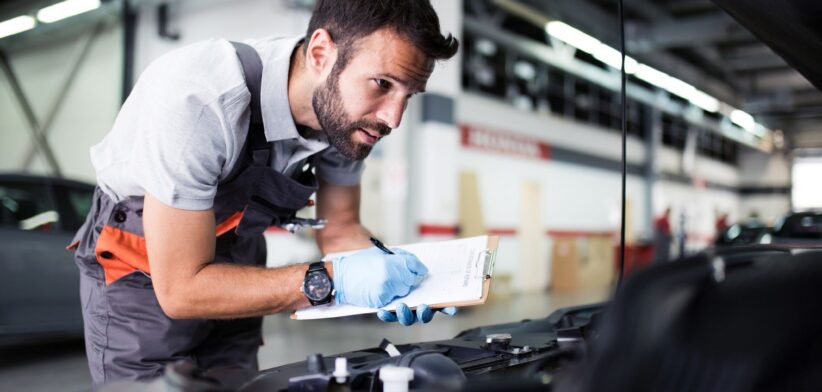A dedicated government task force is being established to crackdown on fraudulent vehicle safety certificates.
Queensland Transport and Main Roads Minister Bart Mellish said the crackdown was in response to a rising incidence of road worthy certificates being issued without the vehicle being inspected.
“The Department of Transport and Main Roads (TMR) has been made aware that a number of vehicle safety inspection certificates, also known as ‘roadworthies’, may have been issued across Queensland without a thorough physical inspection of the vehicle being conducted,” Minister Mellish said.
He said TMR was aware that “no inspection required” safety certificates were also being offered through social media channels.
“These certificates are non-compliant and will not be accepted at TMR customer service centres.”
Minister Mellish said any person who believed they may have been issued a safety certificate without a thorough inspection of the vehicle could go to the TMR website to find out more information on what they needed to do.
He said TMR were also in the process of establishing an information hotline as part of the task force.
“The TMR website provides details on the types of inspections that must be performed on a vehicle, what the inspection includes, and the maximum fees that can be charged for a safety certificate.
“Make no mistake, we will continue to investigate these matters and action will be taken against those who are doing the wrong thing”.
Customers with questions can phone 3550 7035 or visit the TMR website.
Fast facts:
- TMR requires people to obtain a vehicle safety certificate upon transfer of ownership, or when registering an unregistered vehicle.
- TMR accredits approved examiners, who are engaged by Approved Inspection Stations (AIS), to issue these certificates.
- Vehicle safety certificates must be based on an in-person physical inspection of the vehicle at an AIS to ensure it meets minimum safety requirements before being registered and used on road.
- Sellers are responsible for organising an appropriate vehicle inspection by an approved examiner prior to the selling of any vehicle.
- Buyers should confirm a physical inspection was undertaken by an approved examiner when accepting the safety certificate at the time of vehicle purchase.








